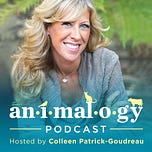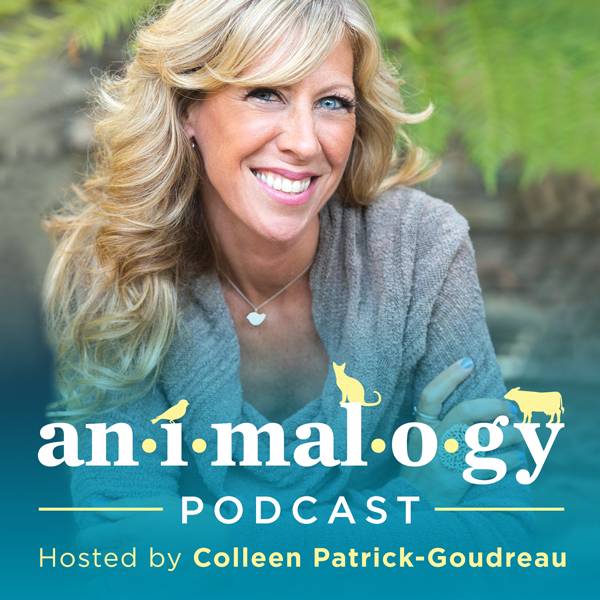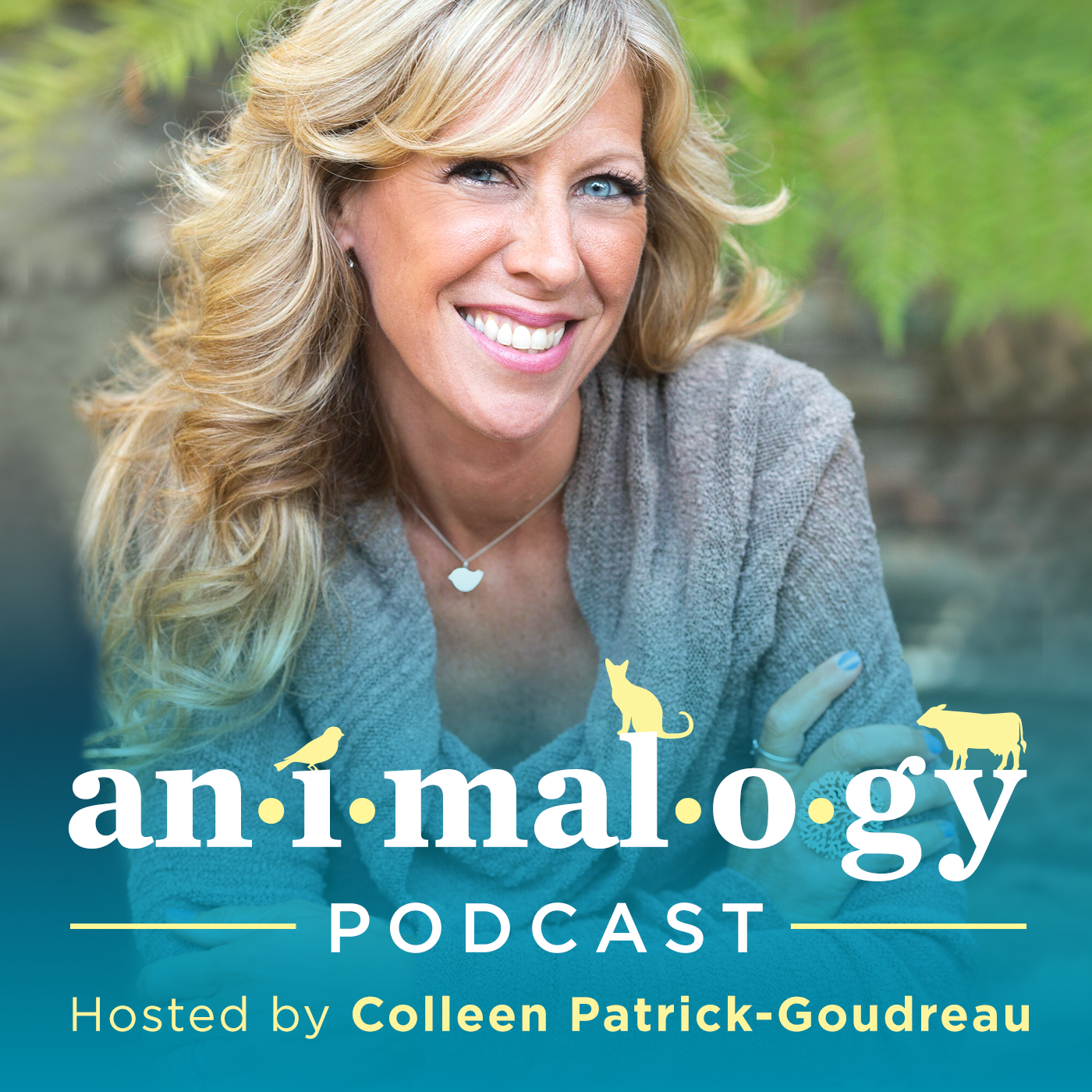Roughly 10,000 new words entered the English language during the Norman occupation and assimilation, particularly those having to do with the world of the ruling class. The effects of the linguistic class division are most apparent in the culinary realm, where words used by the aristocracy have French origins and words used by the commoners have Germanic origins. This is evident even today in the way we talk about certain animals, particularly those typically eaten by Westerners, with words rooted in Anglo-Saxon / Old English to indicate the living animals and words rooted in Old French to indicate the slaughtered animal as flesh for consumption.
Old English Pigs and Old French Pork: The Linguistic Cleaving of Animals
Roughly 10,000 new words entered the English language during the Norman occupation and assimilation, particularly those having to do with the world of the ruling class. The effects of the linguistic class division are most apparent in the culinary...
Apr 09, 2017
Animalogy: The Animals in Our Everyday Words & Phrases
A podcast about language, the animal-related words and phrases we use every day, and how they reflect and affect our relationship with (and treatment of) animals. Hosted by author Colleen Patrick-Goudreau, Animalogy will change the way you talk — and think — about animals.
A podcast about language, the animal-related words and phrases we use every day, and how they reflect and affect our relationship with (and treatment of) animals. Hosted by author Colleen Patrick-Goudreau, Animalogy will change the way you talk — and think — about animals.Listen on
Substack App
RSS Feed
Recent Episodes












